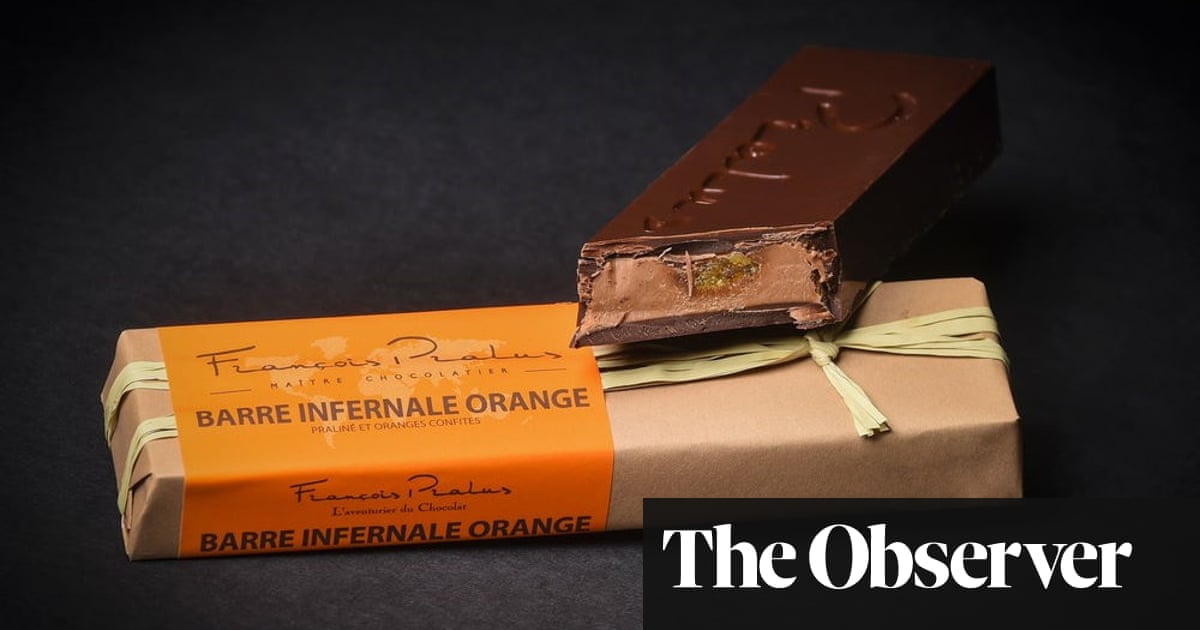
After years of being accused of not playing the media game – cheating royal correspondents by not telling them when she went into labour, for example, and then having the temerity to avoid photographers when she came out – it was unsurprising, perhaps, that Meghan, the Duchess of Sussex, victorious in the latest battle of her fight with the Mail on Sunday, denounced it as a game played with “no rules”.
Today, three court of appeal judges applied some when they ruled that letters written to family members counted as “personal, private and not matters of legitimate public interest”. What’s more, and in a point that few media lawyers have argued with, the copyright of such letters always belongs to the author.
It’s a big win for the Duchess of Sussex, and it raises the question: why on earth did the Mail continue to appeal against the judgment made against it earlier this year?
Mail executives argued in court that Meghan was playing her own game with the press, knowing that her letter would be leaked, daring to disintermediate the Mail and other papers by putting statements out on social media. They refused to settle and the response to the judgment suggests the appeal could go all the way up to the supreme court.
Not only did the group pursue its appeal and continue to publish stories about Meghan and Prince Harry in the intervening months but, just a few weeks ago, the Mail on Sunday editor who published the letters, Ted Verity, was elevated to run all print titles. As one sign of just how newsworthy he considered Meghan and Harry, his last front page as Sunday editor splashed on the recent royal documentary, The Princes and the Press, while his first in charge of the Daily Mail mentioned it too.
For Meghan herself it was all part of the “deception, intimidation and calculated attacks” by what she called a “daily fail” that “profits from the lies and pain that they create”.
There is no getting away from the fact that Meghan excites strong opinion from supporters and detractors. This is a blessing and a curse. The fact that everyone seems to have a view encourages people to click on the stories about her – the more negative or scurrilous, the better.
In his first interview since leaving GB News, published in the Daily Mail, Andrew Neil said the channel pushed “constant themes” to make a splash and win viewers: “We hate migrants, we hate the NHS, we hate lockdown and we hate Meghan Markle.” A history of tabloid headlines and their online iterations appears to have even taught newcomers that hate sells.
Meghan refused to perform as the happy wife and new member of the royal “firm”, putting out her own statements and managing her own team. But she was quickly treated differently to her sister in law, the Duchess of Cambridge. Despite initial euphoria over Meghan as a “breath of fresh air” it was as long ago as 2016 that Harry first condemned “the racial undertones of comment pieces” about his then girlfriend.
Last week, in Amol Rajan’s much watched, much debated BBC documentary on the royal princes and their relationship with the press, Rachel Johnson, the prime minister’s sister and a former Mail on Sunday columnist, gave an insight into Meghan’s treatment when she admitted that when she wrote “positively” about Meghan she “got no reaction”. Asked to explain what she meant by writing that this mixed-race woman was injecting some “exotic DNA” into the House of Windsor, she admitted that such a statement was “culturally acceptable” four years ago.
But was it, even 10 or 20 years ago? Of course not. At the very least this suggests that Meghan has raised awareness about the sort of language that educated, successful people use without thinking.
She apparently wants to do more. In her triumphant letter, which will no doubt annoy many journalists, Meghan wrote: “What matters most is that we are now collectively brave enough to reshape a tabloid industry that conditions people to be cruel, and profits from the lies and pain that they create.”
The statement itself sends a signal: a sign of how Harry and Meghan want to change the relationship between the press and the monarchy. Consider that when Prince Charles successfully sued the Mail on Sunday for publishing his diaries in 2006, he said very little afterwards.
There are broad themes here. It is no surprise that Prince Harry continues his legal complaint against those who hacked his phone, while more than 1,000 victims have already settled. This is no longer just about money for them, and it has a broader significance for all of us. It’s about what sort of society we want to see reflected in our media. We all have a stake in that.
Jane Martinson is a Guardian columnist












